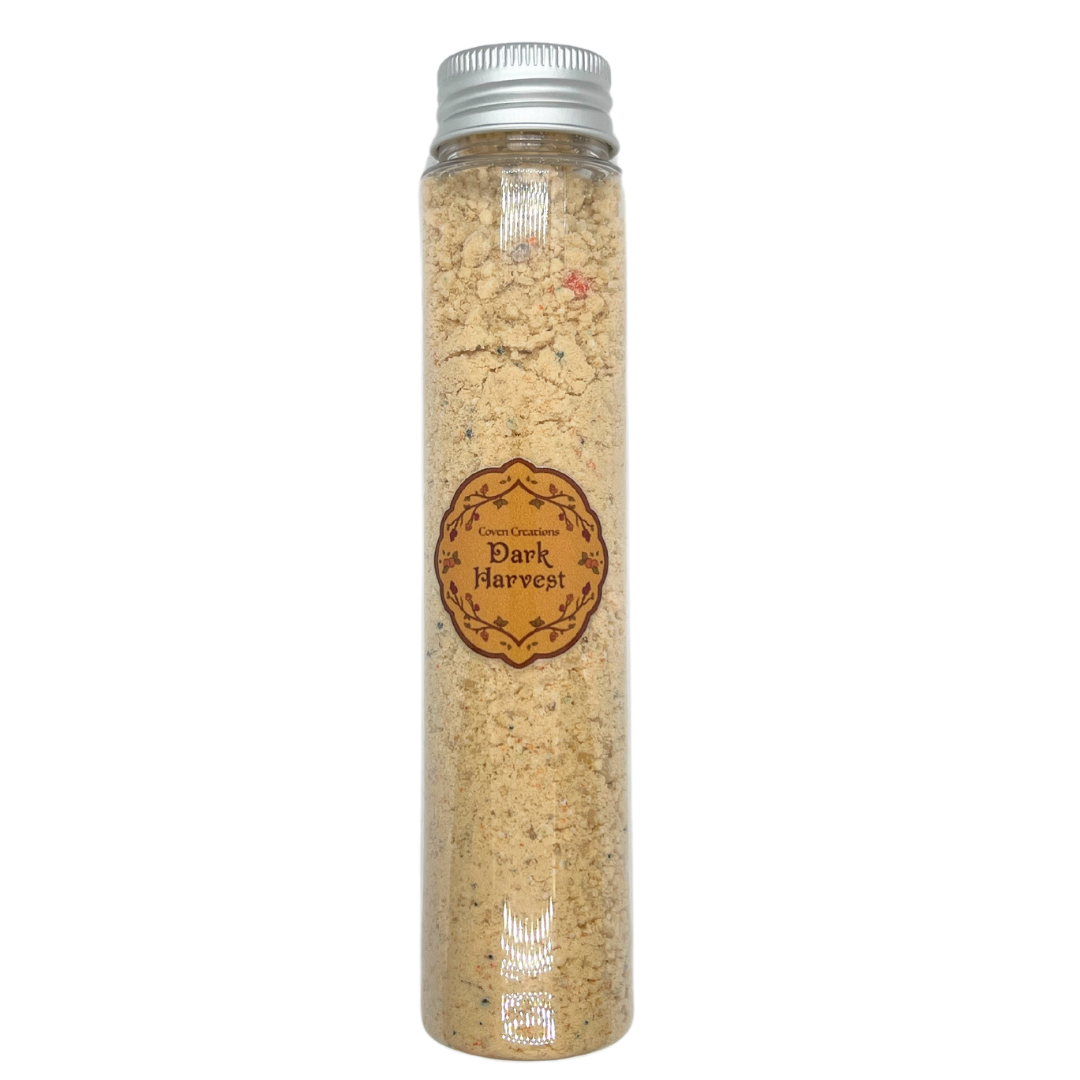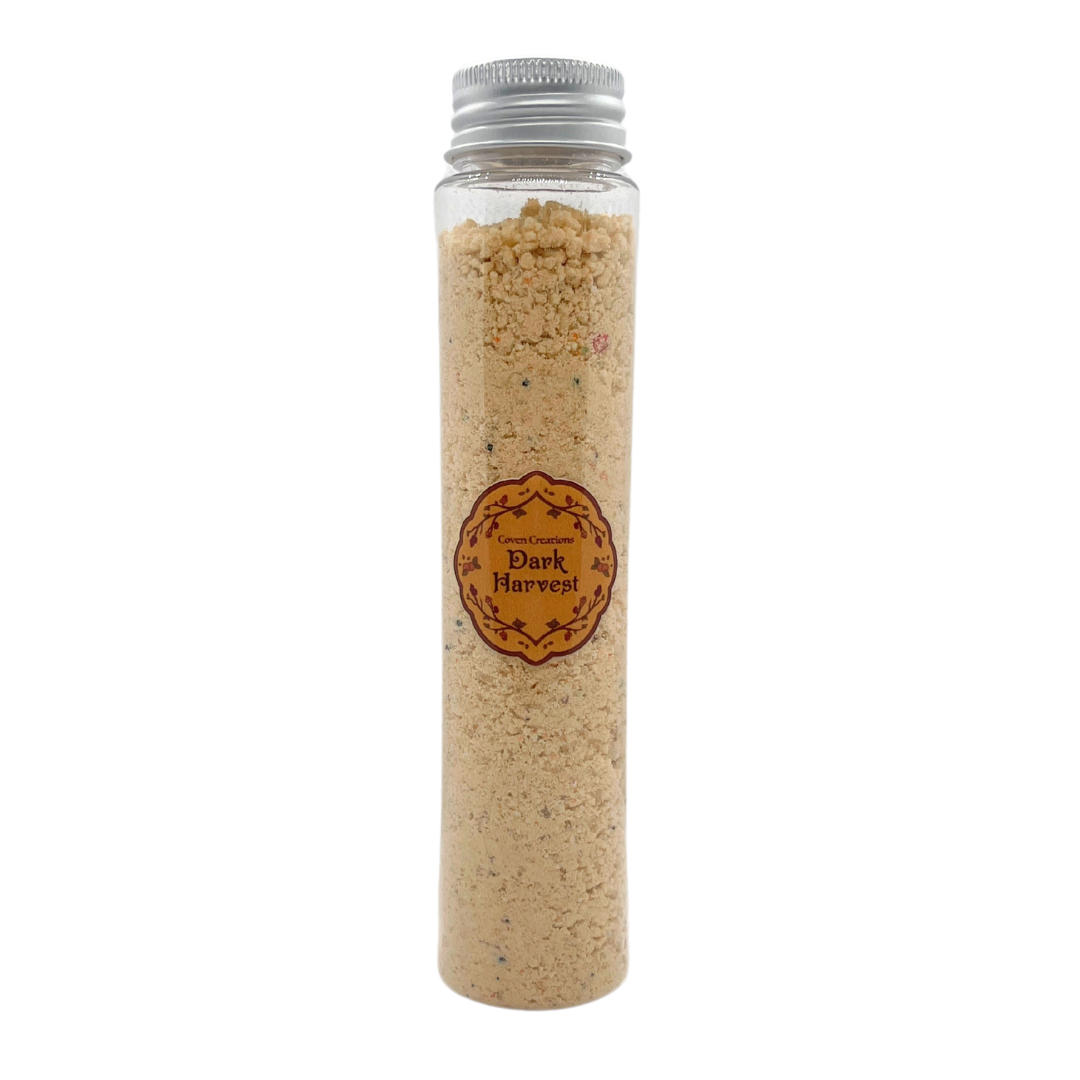
Water Dilution in Skincare
Meghan GriffithShare
As consumers, we are often mesmerized by the lavish and vibrant packaging of beauty products sold at Sephora and Ulta. However, if you look closely at the ingredient list, you'll find that one of the primary ingredients is water. The use of water as a diluting agent is widespread in the cosmetic industry, and it serves a few purposes.
Firstly, water is a cheap ingredient that reduces the cost of production. By adding water, companies can stretch their products further and produce more units.
Additionally, water is non-reactive and doesn't negatively impact other ingredients. This makes it a safe ingredient to use and mix with other ingredients, especially in skincare products that are formulated to be gentle on the skin.
But while adding water to skincare products may make financial sense for the manufacturers, it can be detrimental to the consumer in the following ways:
-
Less effective products: When a company dilutes a product with water, it reduces the concentration of active ingredients that provide the primary benefits to the skin. This can make the product less effective, especially if the concentration of the active ingredient is already low.
-
Shorter Shelf Life: Adding water to skincare products also means that they have a shorter shelf life. Water can breed bacteria, and this can compromise the efficacy of the product and lead to skin irritation or other adverse effects. To counteract this, manufacturers often include preservatives that can also be harmful to the skin.
-
Misleading packaging: Cosmetic companies are required by law to list ingredients in order of their concentration in the product. However, by adding water to the product, the company can make it seem like a formula has more of the active ingredient than it actually does. For example, a product may contain 1% vitamin C, but because water is listed first, it gives the illusion that the product has more vitamin C than it actually does.
-
Environmental impact: Water is a precious resource, and using it as a filler in skincare products is wasteful. By adding water to their products, companies are effectively shipping a lot of water around the world, which is not only environmentally unsound but also raises the cost of shipping and contributes to carbon emissions.
- Misleading marketing: The use of water as a filler in skincare products also allows companies to inflate the price of their products. By emphasizing the use of active ingredients in their marketing, they can charge a premium for a product that may be only slightly more effective than a drugstore brand.
It is essential to be aware of the use of water in commercial skincare products. While it may make financial sense for the manufacturer, it can compromise the efficacy of the product, shorten its shelf life, and be environmentally unsound.
As consumers, it is up to us to educate ourselves about the products we use and demand transparency from the companies that produce them. By doing so, we can make informed choices that benefit both our skin and the planet.












